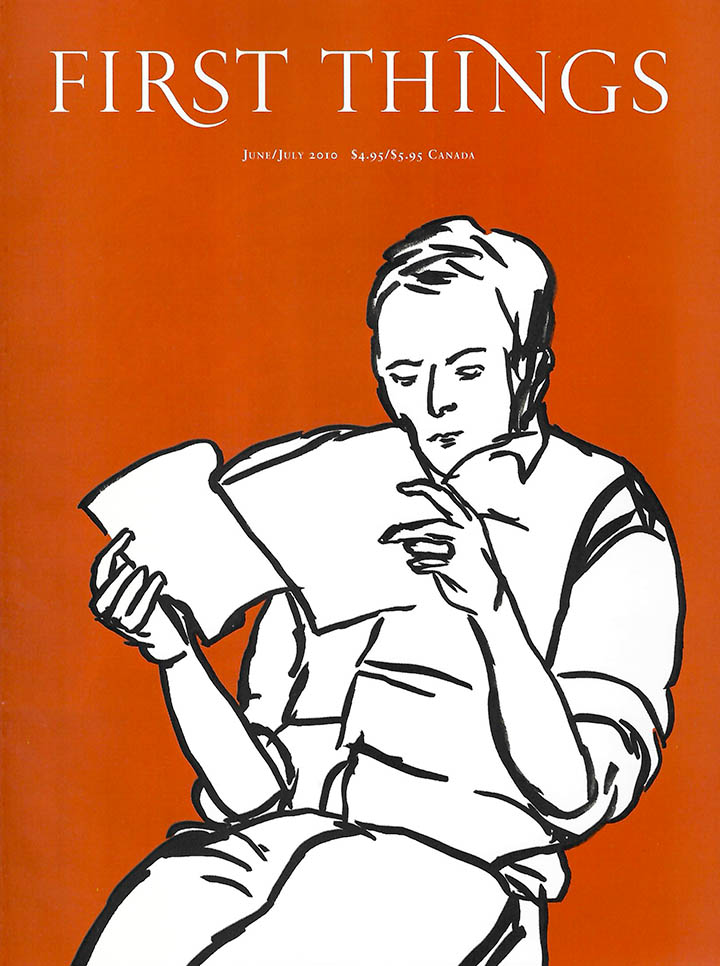n
God, Philosophy, Universities: A Selective History of the Catholic Philosophical Tradition
BY ALASDAIR MACINTYRE
ROWMAN & LITTLEFIELD, 180 PAGES, $29.95
nn
Without intending it, Alasdair MacIntyre may have written the most important response to the New Atheists. Of course he never even mentions them, and atheism isn’t really his target, which may explain why this book is such an important contribution to that discussion”and much more. The problem is that most everyone, Catholics included, is ignorant of the great tradition of Catholic philosophy. This leaves believers vulnerable to attacks from atheists whose shoddy screeds engage none of that tradition. MacIntyre, arguably the most influential living Catholic philosopher, remedies some of that ignorance with a concise overview of the history of Catholic philosophical thought on the questions relating to God.
God, Philosophy, Universities really tells two intertwined stories. First, MacIntyre traces competing strains of Catholic philosophical reflection on God, showing how they became tangled, knotted, and then severed from each other, and how they are now being strengthened by modern Catholic thinkers, particularly with the revival of Thomism, phenomenology, and the thought of John Paul II. Along the way readers are treated to discourses on early Catholic philosophers such as Augustine, Boethius, Pseudo-Dionysius, and Anselm; medieval Islamic and Jewish contributors such as Avicenna, Al-Ghazali, Averroes, Al-Farabi, and Maimonides; the medieval apex marked by Aquinas, Scotus, Ockham, and Suarez; the rise of skepticism and modernity with Montaigne, Descartes, Pascal, and Arnauld; and finally our own age’s luminaries: Newman, Leo XIII, Bergson, Maritain, Stein, Anscombe, and John Paul II.
The second story is about universities, which, MacIntyre thinks, have degenerated into multi versities. Scholars once sought unified knowledge of all being, in pursuit of which philosophy and theology played central roles, tying together findings from the various disciplines. But the modern university has largely eliminated theology, relegated philosophy to one technical discipline among many, and abandoned the quest for integrated wisdom about the cosmos.
MacIntyre’s discussions of Thomistic thinking on God and the human soul alone are well worth the price of the book. Carefully explicating the distinctions between essence and existence, contingent and necessary beings, MacIntyre shows how for Aquinas God isn’t one being among a list of existents in need of proof. Rather, God is Being and that which makes everything we encounter intelligible. The atheist who attempts to scientifically disprove God’s existence misses the entire thrust of Thomas’ argument. Skillfully navigating between the excesses of mind“body dualism and materialism, MacIntyre also shows how Thomas’ hylomorphism (form-matter theory) best accounts for the immateriality of the intellect of bodily beings like us.
While not a work of academic philosophy”MacIntyre intends it for undergraduate seniors and first-year graduate students”this book can profitably be read by any reader of First Things . In fact, it should be so read, as either an introduction or a refresher to the great tradition, and then passed on to a friend. This is the best way to inoculate against the latest fads, in New Atheism or otherwise.
nn
”Ryan T. Anderson


